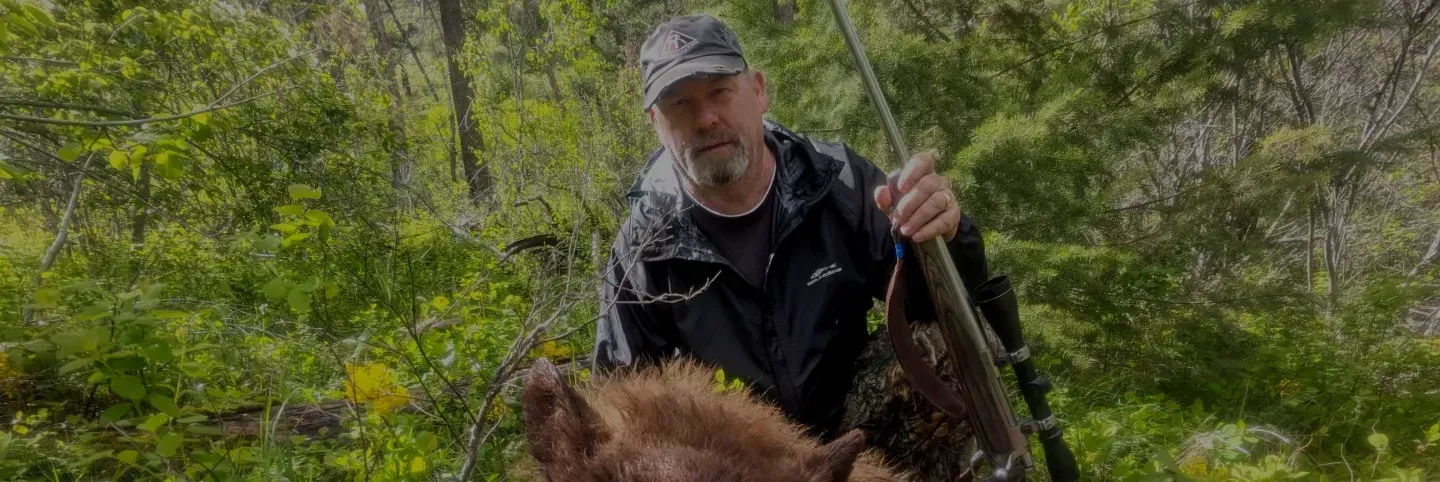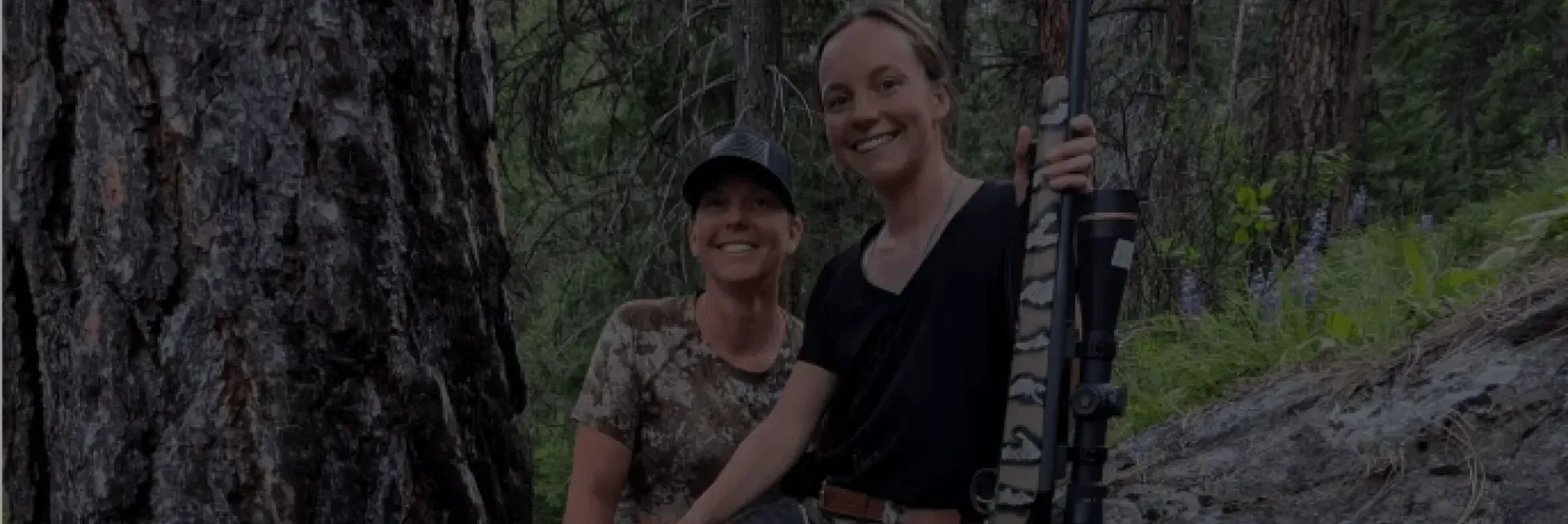HUNTING IS CONSERVATION
How Does Hunting Help the Environment?
Hunting can help the environment in several significant ways, primarily through conservation funding, population control, habitat preservation, and fostering ecological balance. Here's a detailed look at how hunting can positively impact the environment:
1. Conservation Funding
Revenue Generation
- License Fees and Permits: Hunters contribute to conservation efforts by purchasing hunting licenses, permits, and tags. This revenue funds wildlife management programs, research, and conservation initiatives.
- Excise Taxes: In the United States, the Pittman-Robertson Act imposes excise taxes on firearms, ammunition, and other hunting gear. These funds are allocated to state wildlife agencies for conservation projects, habitat restoration, and education programs.
Economic Support
- Support for Local Economies: Hunting contributes to local economies, particularly in rural areas. Hunters spend money on lodging, food, equipment, and guides, creating jobs and supporting businesses that, in turn, support conservation efforts.
2. Population Control
Managing Wildlife Populations
- Preventing Overpopulation: Regulated hunting helps manage and control wildlife populations, preventing overpopulation that can lead to resource depletion, habitat degradation, and increased human-wildlife conflicts.
- Disease Control: Hunting can reduce the spread of diseases within wildlife populations by managing population densities and removing diseased individuals.
Human-Wildlife Conflicts
- Reducing Damage: By controlling populations of species that can cause significant damage to crops, property, and ecosystems (e.g., deer, feral hogs), hunting helps reduce human-wildlife conflicts and economic losses.
3. Habitat Preservation
Land Conservation
- Purchasing and Protecting Land: Hunting organizations and conservation groups often purchase land to create and preserve hunting areas, which also serves to protect wildlife habitats from development and degradation.
- Maintaining Biodiversity: Conserving land for hunting purposes ensures that diverse habitats are maintained, benefiting a wide range of species beyond just game animals.
Ecosystem Restoration
- Habitat Restoration Projects: Funds generated from hunting licenses and permits are often used for habitat restoration projects, such as reforestation, wetland restoration, and creating wildlife corridors.
4. Ecological Balance
Mimicking Natural Processes
- Predator-Prey Relationships: In ecosystems where natural predators have been reduced or eliminated, hunting can help maintain the balance between predator and prey species, preventing overgrazing and habitat destruction.
- Selective Harvesting: Hunters often target older, weaker, or excess animals, which can help maintain the health and genetic diversity of wildlife populations.
5. Advocacy and Education
Raising Awareness
- Support for Conservation Policies: Hunters often advocate for conservation policies and sustainable wildlife management practices. Their engagement in conservation issues can lead to broader support for environmental protection efforts.
- Education Programs: Hunting organizations frequently offer education programs that promote ethical hunting practices, wildlife conservation, and the importance of maintaining healthy ecosystems.
6. Research and Monitoring
Data Collection
- Citizen Science: Hunters contribute valuable data through wildlife surveys, reporting tagged animals, and participating in research studies. This information aids in monitoring wildlife populations and informing management decisions.
- Funding Research: Revenues from hunting support scientific research on wildlife behavior, habitat requirements, and population dynamics, leading to better-informed conservation strategies.
Conclusion
When conducted responsibly and regulated effectively, hunting can play a vital role in environmental conservation. It provides critical funding for wildlife management, helps maintain ecological balance, supports habitat preservation, and fosters a strong conservation ethic among hunters. By contributing to these efforts, hunting helps ensure that wildlife populations and their habitats are protected and sustained for future generations.








